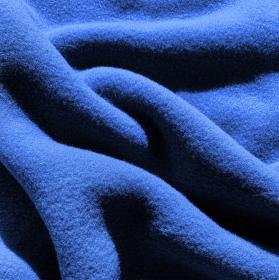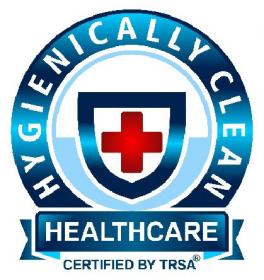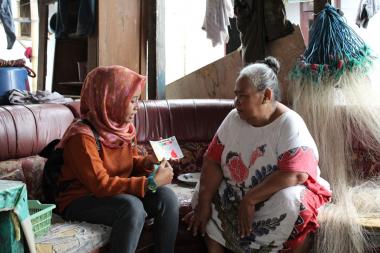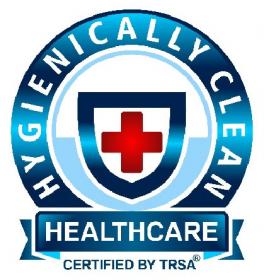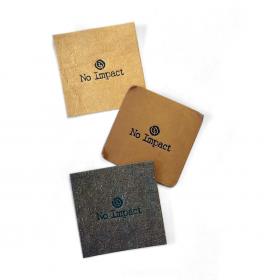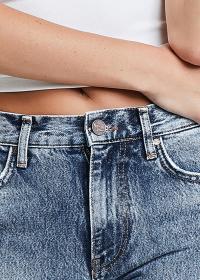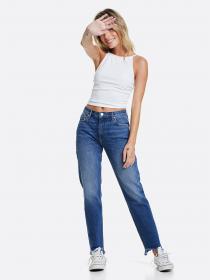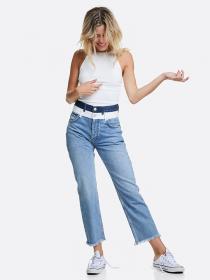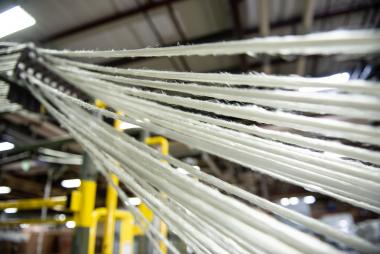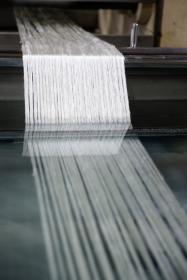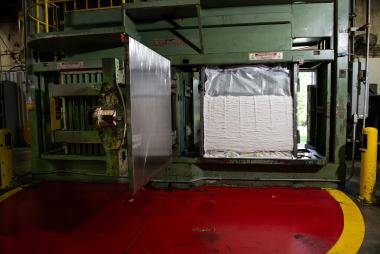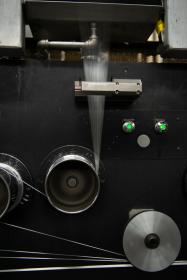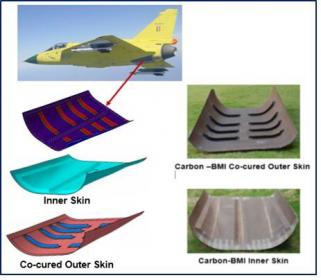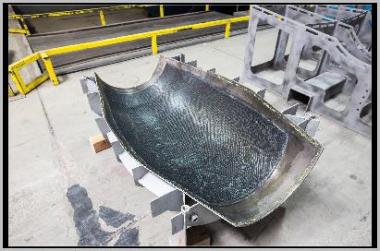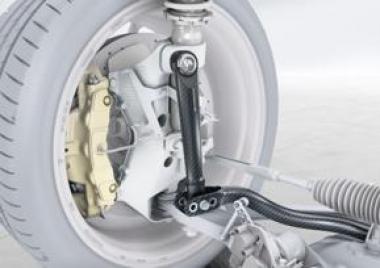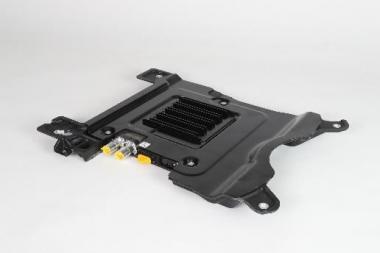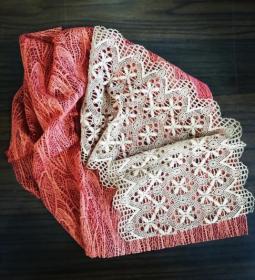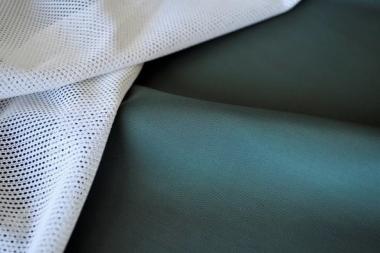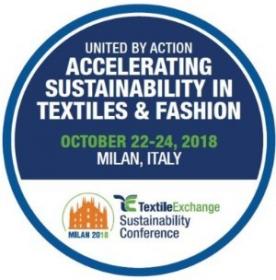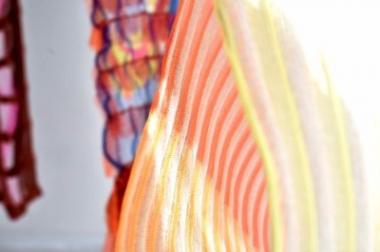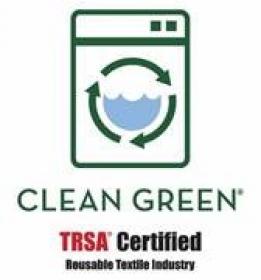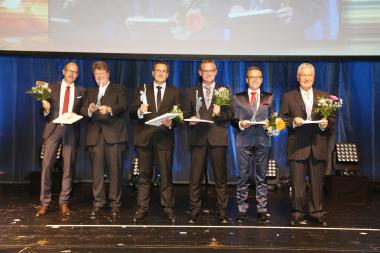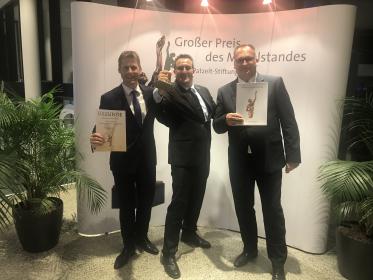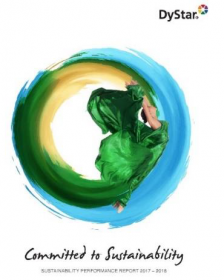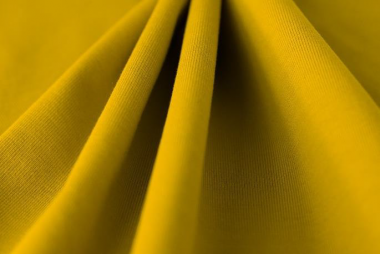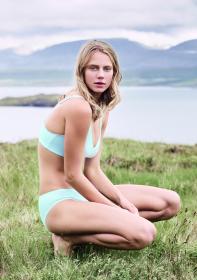PrimaLoft erweitert biologisch abbaubare Technologien
- PrimaLoft® Bio™ Performance Fabric – der erste Funktionsstoff aus 100% recycelten, biologisch abbaubaren Fasern
LATHAM, NY - MÜNCHEN: PrimaLoft, Inc., weltweit führendes Unternehmen für innovative Materialtechnologien, hat sein Portfolio an biologisch abbaubaren* Technologien erweitert. Mit der Einführung von PrimaLoft® Bio™ Performance Fabric, dem ersten zu 100% recycelten und biologisch abbaubaren synthetischen Funktionsstoff ergänzt das Unternehmen die kürzlich vorgestellte PrimaLoft® Bio™ Insulation, die ebenfalls die erste Technologie ihrer Art ist. Grundlage beider Innovationen ist eine technisch weiter entwickelte Fasertechnologie, die einen stark beschleunigten biologischen Abbau unter bestimmten Umweltbedingungen ermöglicht und so ein potentiell wichtiger Faktor bei der Problematik von Mikroplastik in den Meeren werden könnte. Sowohl PrimaLoft® Bio™ Performance Fabric als auch PrimaLoft® Bio™ Insulation sollen ab Herbst 2020 im Handel verfügbar sein.
„Seit Beginn der Entwicklung unserer biologisch abbaubaren Materialien waren Funktionsstoffe ein wichtiger Bestandteil für uns. Dank dieses Durchbruchs können Kleidungstücke ab sofort komplett den Weg zurück in die Natur finden“, sagte Mike Joyce, Präsident und CEO von PrimaLoft. „Da wir bei der Leistung keine Abstriche machen, mussten wir sicherstellen, dass unsere biologisch abbaubaren Fasern dem Herstellungsprozess von Hochleistungs-Funktionsstoffen standhalten und gleichzeitig ihre Fähigkeit zum biologischen Abbau behalten. Diese Entwicklung öffnet uns neue Horizonte und wir wollen damit Maßstäbe setzen, um die Umweltauswirkungen der Textilindustrie erheblich zu verringern.“
PrimaLoft® Bio™-Fasern bestehen zu 100% aus Recyclingfasern, die sich unter bestimmten Gegebenheiten wie sie in einer Mülldeponie oder im Meerwasser vorherrschen, biologisch abbauen. PrimaLoft hat diese Fasern weiterentwickelt, um sie attraktiver für dort natürlich vorkommende Mikroben zu machen. Diese Mikroben verdauen die Fasern schneller und sorgen dafür, dass der Funktionsstoff zersetzt wird und am Ende lediglich die natürlichen Elemente Wasser, Methan, CO2 und Biomasse zurückbleiben. Die neue Technologie wird dabei helfen, das wachsende Problem von Mikroplastik in den Ozeanen zu verringern – ein bedeutendes Thema für die Textilindustrie und andere Industriezweige. Laut Schätzungen der Ellen Macarthur Foundation landen jährlich rund eine halbe Million Tonnen Mikrofasern beim Waschen von Textilien auf Kunststoffbasis wie Polyester, Nylon oder Acryl im Meer. PrimaLoft® Bio™-Fasern werden nur abgebaut, wenn sie in Kontakt mit natürlich vorkommenden Mikroben auf Mülldeponien oder im Meer kommen. Dadurch bleiben die Fasern während der gesamten Produktlebenszeit des Kleidungsstücks gewohnt dauerhaft strapazierfähig.
Spezifische Testergebnisse zeigen einen biologischen Abbau von 84,1% in 423 Tagen unter ASTM D5511- Bedingungen* (beschleunigte Deponiesimulation) und 55,1% biologischen Abbau in 409 Tagen unter ASTM D6691- Bedingungen** (beschleunigte Meerwassersimulation). „Wir haben Recycling nie als die endgültige Lösung gesehen. Mit PrimaLoft® Bio™ haben wir nicht nur den Code zur biologischen Abbaubarkeit unserer Fasern geknackt, sondern gehen auch den nächsten Schritt in Sachen Nachhaltigkeit“, sagt Joyce. „Mit neuen Fasertechnologien wie dieser versuchen wir unseren negativen Umwelteinfluss so gering wie möglich zu halten. Das ist Teil unserer Selbstverpflichtung, jeden Tag aufs Neue Verantwortung zu übernehmen. “
Bis heute hat PrimaLoft mehr als 90 Millionen Plastikflaschen wiederaufbereitet und daraus Premium- Isolationen hergestellt. Anfang dieses Jahres präsentierte PrimaLoft bereits seine ersten Isolationen aus 100% recyceltem Material. Bis 2020 werden 90% der PrimaLoft-Isolationsprodukte aus mindestens 50% recyceltem Material (PCR = Post Consumer Recycled) bestehen, ohne dabei Einbußen bei der Leistung aufzuweisen.
PrimaLoft plant, mit einem ähnlichen Bekenntnis zu biologisch abbaubaren Technologien in seinem gesamten Produktportfolio, die Branche weiter voranzutreiben. Mehr Informationen zu PrimaLoft Bio gibt es auch hier: http://primaloft.com/primaloftbio
* Standardtestmethode zur Bestimmung des anaeroben biologischen Abbaus von Kunststoffmaterialien unter anaeroben Verdauungsbedingungen mit hohem Feststoffgehalt
** Standardtestmethode zur Bestimmung des aeroben biologischen Abbaus von Kunststoffmaterialien in maritimer Umgebung durch ein definiertes mikrobielles Konsortium oder ein natürliches Meerwasser-Inokulum
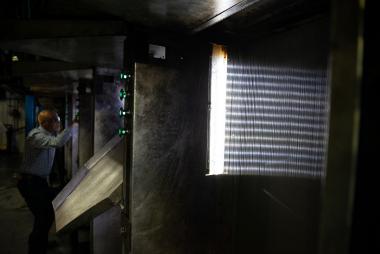 (c) PrimaLoft GmbH
(c) PrimaLoft GmbH
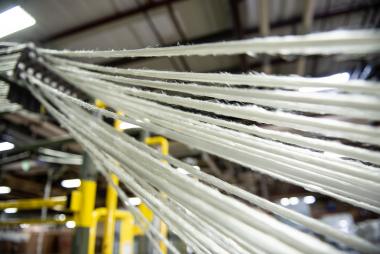 (c) PrimaLoft GmbH
(c) PrimaLoft GmbH
 (c) PrimaLoft GmbH
(c) PrimaLoft GmbH
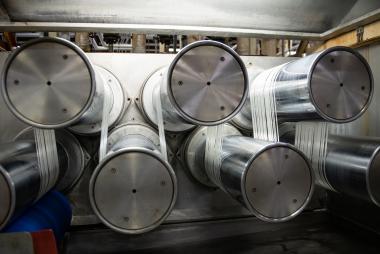 (c) PrimaLoft GmbH
(c) PrimaLoft GmbH
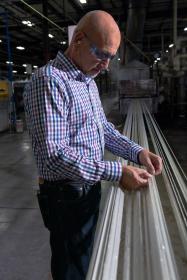 (c) PrimaLoft GmbH
(c) PrimaLoft GmbH
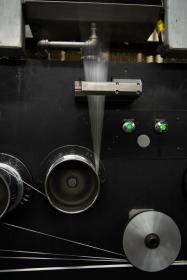 (c) PrimaLoft GmbH
(c) PrimaLoft GmbH
crystal communications GmbH


